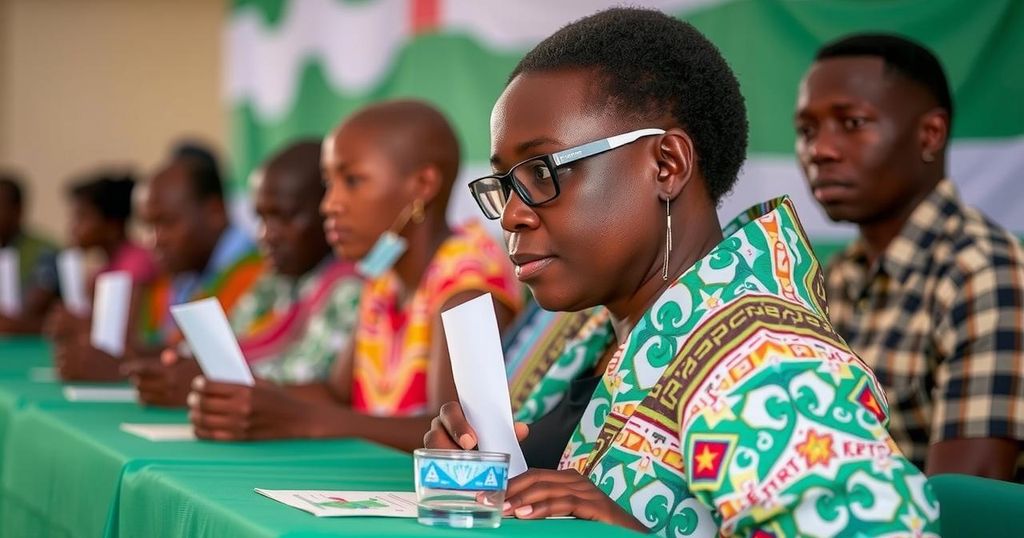South Sudan’s 2026 Elections: Preparedness and Challenges Ahead
South Sudan is scheduled to hold general elections in December 2026, following previous delays due to incomplete preparations. Concerns about political will, necessary funding, and infrastructure readiness persist, with experts warning that mismanaged elections could ignite violence. Observers emphasize that successful elections could foster national unity, but skepticism about their likelihood remains amid ongoing logistical challenges.
South Sudan is preparing to conduct its much-anticipated general elections in December 2026, following numerous delays that have raised concerns regarding the readiness of the nation, the youngest globally. Initially slated for this month, the elections were postponed due to the unfinished tasks of completing a census, drafting a permanent constitution, and registering political parties. This delay has extended the term of the current transitional government led by President Salva Kiir.
Abendengo Akok, the head of South Sudan’s National Electoral Commission, emphasized the necessity of political will for the elections to succeed, citing the 2018 peace agreement that concluded the civil war as a critical precedent. “If we are serious, two years are enough for us to run the election,” Akok affirmed, noting that sufficient funding is essential for a successful electoral process.
Nicholas Haysom, head of the United Nations Mission in South Sudan, raised concerns last week that poorly managed elections might spark renewed violence, jeopardizing the country’s fragile stability. He stated, “We have been insisting that properly prepared elections, which have also been preceded by proper trust-building exercises, can play a significant role in taking an exercise which can be very divisive and make it a nation-building exercise.”
Following its independence from Sudan in 2011, South Sudan was originally scheduled to hold its first elections in 2015. However, civil war erupted in 2013 due to power struggles between President Kiir and Riek Machar, his former vice president. Despite signing a comprehensive peace agreement in 2018, which anticipated elections this month, the two leaders agreed to postpone the elections by two years in June. Wani Yusuf, who voted in the independence referendum at age 14, expressed hope for his first adult vote while also voicing skepticism about the election occurring as planned, citing the consistent delays.
Challenges such as budget constraints, the requirement to conduct a census, and the need for regulatory guidelines, which could take up to 17 months, hinder the electoral commission’s preparations. Gabriel Deng, the deputy chair of the electoral commission, attributed the lack of progress to the absence of adequate funding.
The upcoming elections in South Sudan are critical for establishing democratic governance in the young nation, marking a significant milestone in its political journey. The country has faced numerous challenges since its independence, particularly related to political instability and civil conflict. The 2018 peace agreement, which aimed to end ongoing violence and facilitate a democratic transition, allows for the hope of free and fair elections, but numerous logistical and financial hurdles remain. The delays and uncertainties surrounding the electoral process prompt questions about the government’s commitment to democratic principles and the readiness of the electoral infrastructure.
In summary, South Sudan is set to hold elections in December 2026 after a series of postponements. While local leaders express cautious optimism regarding the necessary preparations, significant hurdles related to political will, funding, and administrative readiness continue to pose risks. The successful execution of these elections is vital for the country’s stability and democratic future, but the practicality of meeting the set timeline remains in question, as underscored by the reflections of young voters like Wani Yusuf.
Original Source: www.voanews.com




Post Comment